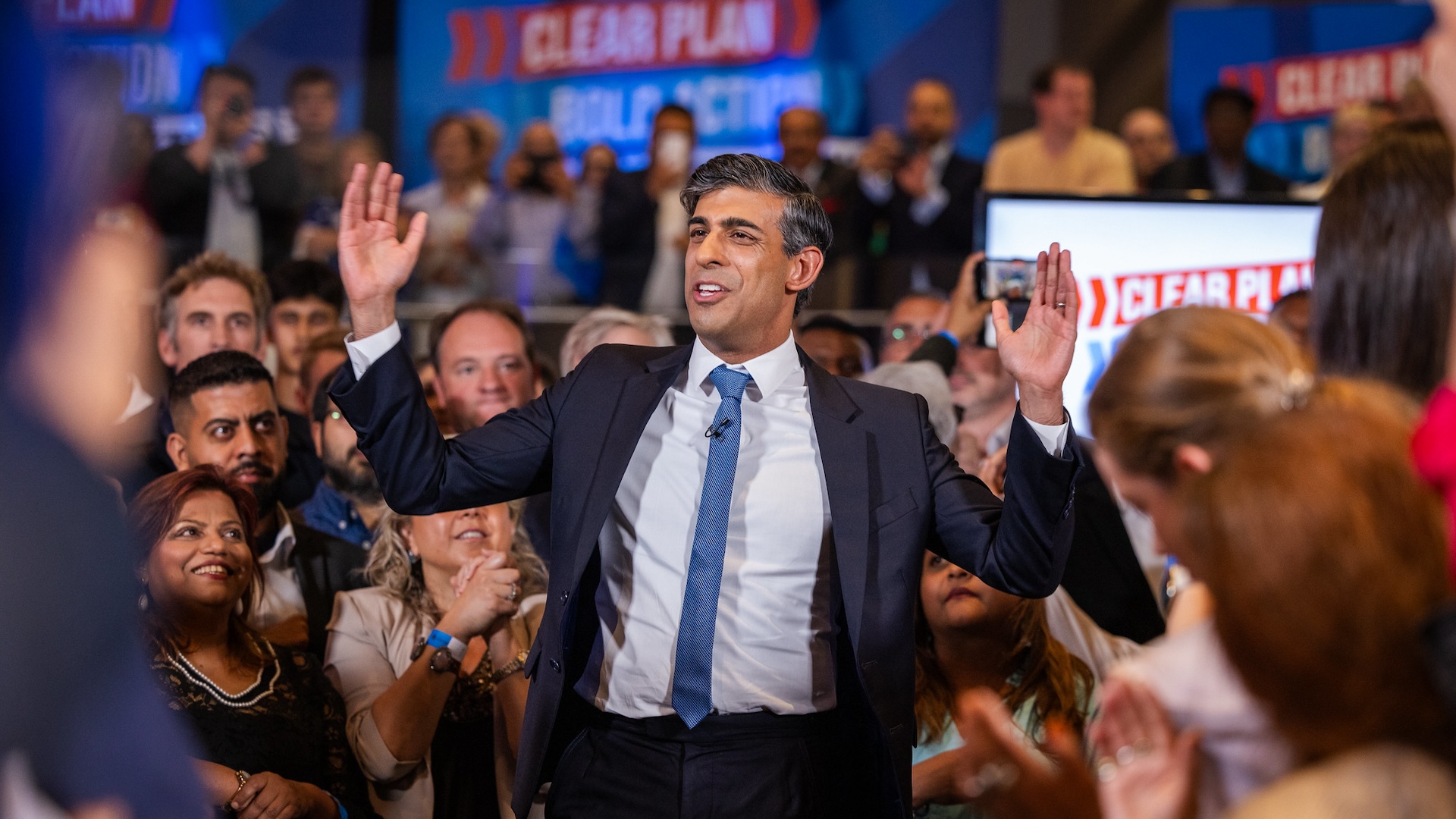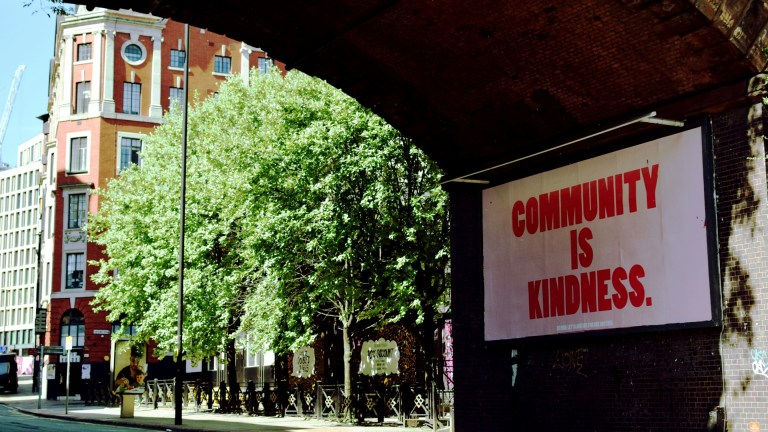Voters are set to elect a new government. Yet this election cycle has been a bruising affair for the 22 million people in this country who draw on our social security system, with neither major party willing to do much more than treat benefits claimants as a political punching bag.
“If you can work, you should work,” was how Kier Starmer responded to a question about social security at the last debate. And Rishi Sunak tried to outdo this response adamantly claiming to voters that his disastrous policy proposals would reduce the number of people claiming benefits.
It is in this political climate that the millions of disabled people and those with long-term health conditions will have to vote.
- Jess Phillips on why Labour is the party for women and terminally ill sister-in-law’s fight for benefits
- What would a Labour government mean for benefit claimants and the welfare system?
“Neither of the major parties is willing to acknowledge that until we have a welfare system that recognises the inherent value of human life – beyond reductive ideas of ‘productivity’ – disabled people will remain trapped in a system that ultimately wants to force them into work at the expense of their physical and mental health.” Kieran Lewis, rights and migration policy officer at National Survivor User Network, tells me.
The idea that disabled people can be forced back into work and that this should be the focus of any social security system is a central tenet of both leading parties’ electoral campaigning. Liz Kendall, from the Labour Party, gave a speech to the Demos think tank in London earlier this year to say: “Under our changed Labour party if you can work, there will be no option of a life on benefits.”
Meanwhile, former conservative government ministers Jeremy Hunt and Mel Stride wrote a joint article in the Times to continue the never-ending escalation of their anti-social security rhetoric as the general election campaign began. These proposals of “tighter benefit sanctions would force many disabled people into poverty,” Lewis explained.










